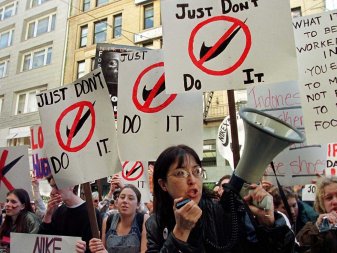Recently, a credit monitoring company, Equifax, is hacked. It is reported that this data breach has affected 143 million U.S. consumers and 100000 Canadians. While this may be one of the biggest data breaches happened these years, the accident could have been prevented beforehand. According to Bloomberg report, this was the second time the company had been hacked this year. Despite knowing that it has security loopholes, Equifax failed to fix them. The senior executives are now facing charges from The Justice Development for selling off shares before disclosing the breach, and Equifax as whole is being investigated by the federal court.

Though companies have the moral obligation to protect their consumers’ information, they tend to invest money in other profit-generating programs rather than in cyber security. First of all, maintaining cyber security requires manpower and more advanced technology, which increases the total costs for the company while providing little profits. Moreover, the costs generated by improving cyber security are higher than the loss companies may face when they are breached. According to an analysis by Benjamin Dean, a fellow at Columbia University’s School of International and Public Affairs, the actual loss caused by information breach amounted to less than 1% of Sony’s annual revenues. Although the data is shocking, it is reasonable since companies can easily get away with their responsibilities when their information is breached.
A blog written by Brenda R. Sharton and David S. Kantrowitz raised questions about why it is so difficult for customers to sue the companies when private information is leaked out. The first reason they gave is that it is hard to prove the company is directly accountable for the breaches. And another one is that plaintiffs are facing a hard time when trying to prove their life has been severely affected by the breach. Because of these two factors, most companies can easily get away with their responsibilities. Therefore, since the costs generated by information breaches are so little for companies, even though customers’ privacy is severely damaged by hackers, the breaches keep happening, with an increasing frequency and a larger extent.
While governments now are investing more money to improve the online security, they don’t really see any progress. From my perspective, I think government should force companies to take on their responsibilities, instead of wasting money. In this way, when companies find that they may lose too much when they ignore the importance of information security, they’d start to pay attention to prevent breaches from happening.
Word Count: 417

